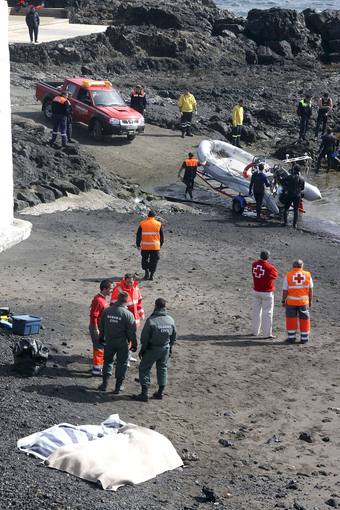Frontex reports a 3% decrease in the number of irregular migrants arriving by boat in Spain over the first half of 2012 compared to the same period in 2011: 2,637 in 2011 versus 2,559 in 2012. Most migrant boats attempt to reach the Spanish mainland along the coasts of Andalusia and elsewhere in eastern Spain. Frontex reports an increase of 6.5% in the number of migrants reaching the Spanish mainland, but this increase is offset by a reduction in the number of migrant arrivals in the Canary Islands.
EFE quoted Gil Arias, Frontex deputy director, as stating that “[t]he decline [in Spain] is in line with the trend of the EU…” where there has been an overall reduction of more than 50% in the number of irregular migrants crossing land and sea borders of Member States during the same six month period: 74,200 in 2011 versus 36,741 in 2012. Arias noted that the number of arrivals in Spain is “insignificant” relative to the overall EU, accounting for about 7% of the EU total with Italy accounting for 12% and Greece 67%.
Note that there are other media reports which provide slightly different figures from those reported by Frontex. Europapress reported that an estimated 3,000 migrants have been rescued so far this year (apparently though late July) along the Andalusian coast by rescue services.










